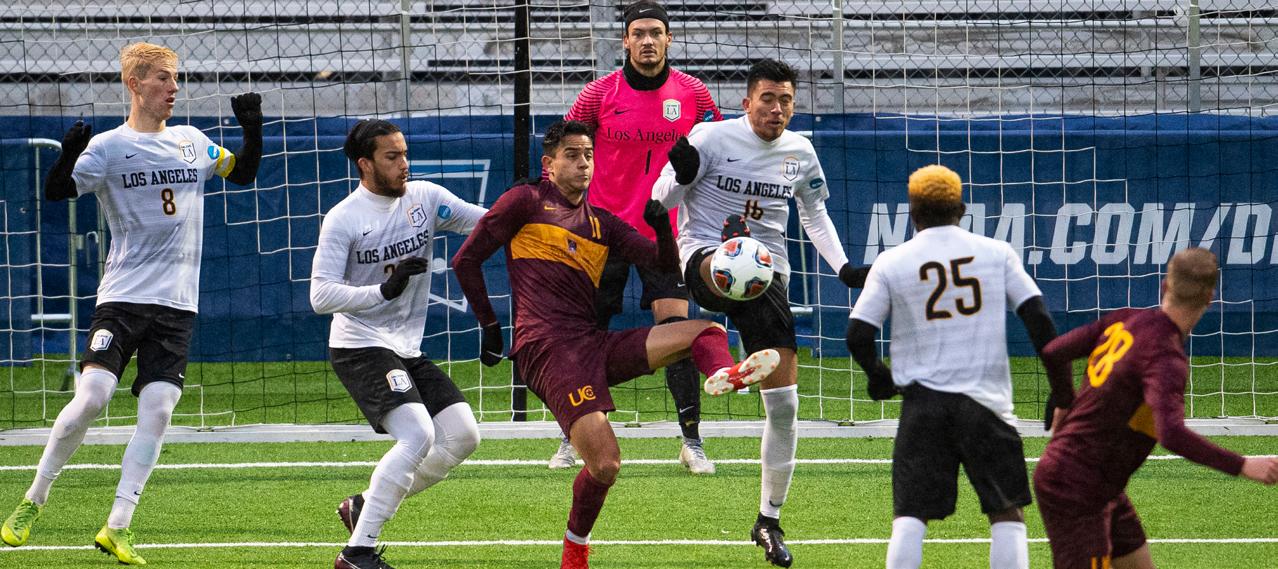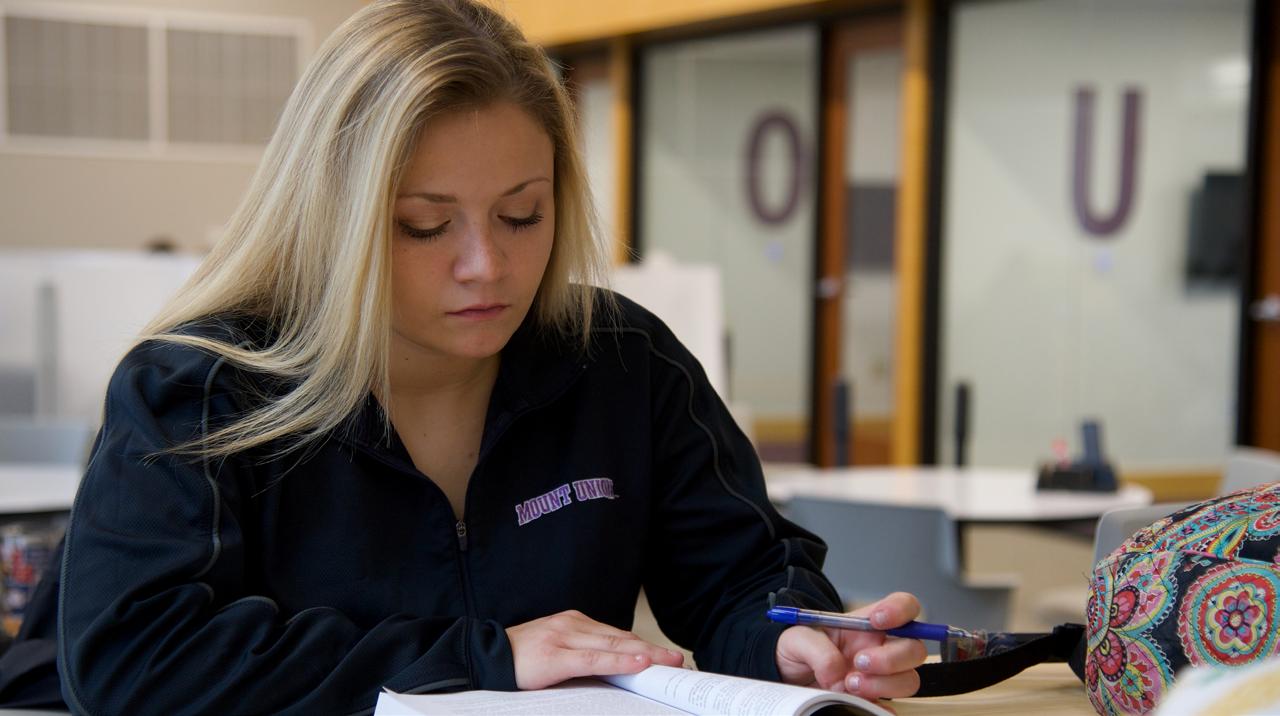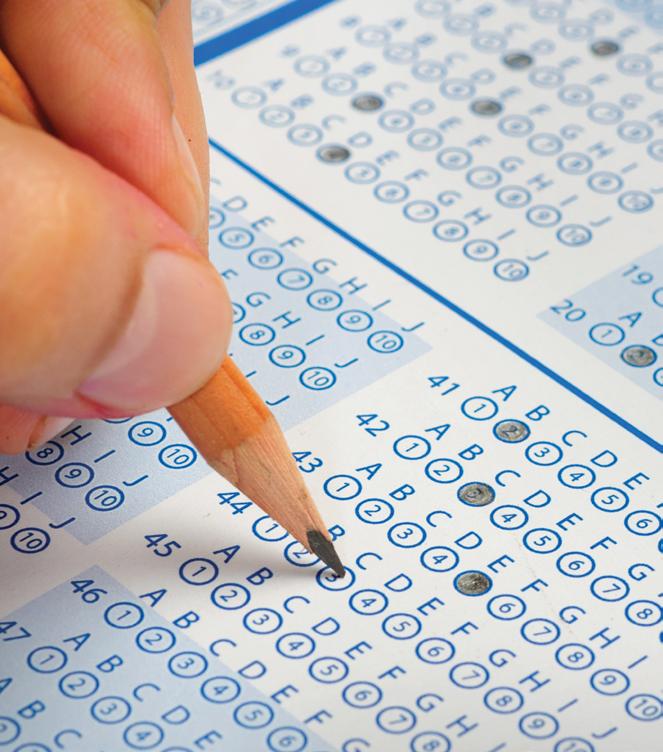
4 minute read
Home School Students
Who is an Agent?
An agent is an individual who directly or indirectly represents you by marketing your athletics ability or reputation, or attempts to benefit from guiding you to a particular NCAA school or from your expected earnings as a professional athlete.
Advertisement
What is a Professional Team?
A professional team is one that declares itself as professional, or provides any player more than their actual and necessary expenses. Actual and necessary expenses are defined as: An international student is one who has taken coursework outside the United States (not including DoDDS or American schools abroad) from school years nine and up. As an international student, you must submit the following information: • Transcripts for years nine and up in the native language. • Proof of graduation in the native language, which may include certificates, diplomas and/or final leaving exams. • Certified line-by-line English translations of these documents if they are issued in a language other than English.
For specific details about the documents you must submit, please refer to the current Guide to
International Academic Standards for Athletics
Eligibility or visit the International Student-Athletes page at ncaa.org/international. In certain situations, the NCAA Eligibility Center may request additional documentation to clarify that your academic information is complete, valid and accurate. The task list within your Eligibility Center account is used to communicate these requests, so be sure to check your email frequently for task notifications. • Meals and lodging directly tied to competition or practice directly related to the competition.
• Coaching and instruction, or the use of facilities and entry fees.
• Transportation expenses, such as to and from practice, training or competition. • Apparel, equipment and supplies related to competition, or practice directly related to competition. • Health or medical insurance, medical treatment and physical therapy directly associated with an individual’s participation on a team or in an event. • Other reasonable expenses such as laundry money.
Additional information on amateurism and recruiting/scouting services is available at ncaa.org/student-athletes/future/amateurism.
OVERVIEW OF NCAA DIVISIONS I AND II PRE-ENROLLMENT AMATEURISM BYLAWS
Before initial full-time enrollment at a college or university, may a college-bound student-athlete ...
Delay enrollment (grace period)?*
Use a recruiting or scouting service?
Receive funding from an outside source?
Receive prize money?
Enter into an agreement (verbal or written) with an agent?
Receive benefits from an agent?
Try out with a professional team?
Be selected in a professional draft? Permissible in Division I?
Tennis (men and women): Yes, six months.
Men’s ice hockey and skiing (men and women):
Yes, until 21st birthday. All other sports: Yes, 12 months.
Yes. The fee the service charges cannot be based on receipt or the amount of an athletics scholarship.
Yes, if the funding is less than or equal to the studentathlete’s actual and necessary expenses related to competition and practice directly associated with competition. Training expenses may only be provided by the U.S. Olympic Committee (USOC), appropriate national governing body (or international equivalent organization for international students) or a governmental entity.
Tennis: Yes, if it does not exceed $10,000 per calendar year and comes from the sponsor of the event. Once the $10,000 limit is reached, additional prize money may not exceed actual and necessary expenses for each subsequent event in the calendar year. All other sports: Yes, if it does not exceed actual and necessary expenses for a calendar year and comes from the sponsor of the event.
Baseball and men’s ice hockey: Yes, provided it is prior to collegiate enrollment AND the individual has already been drafted. The agent may then negotiate with the professional team, provided the individual is not awarded any benefits, pays the going rate for the representation and the agreement is discontinued before enrolling in college. All other sports: No.
No.
Men’s ice hockey and skiing: Yes. May receive actual and necessary expenses for one tryout (up to 48 hours) from each professional team. Self-financed tryouts may exceed 48 hours.
All other sports: Yes. May not exceed actual and necessary expenses.
Yes. Please contact the NCAA or your school’s compliance office before entering an opt-in draft.
Permissible in Division II?
Men’s ice hockey and skiing (men and women):
Yes, three years.** All other sports: Yes, 12 months.
Yes. The fee the service charges cannot be based on receipt or the amount of an athletics scholarship.
Yes.
Precollegiate enrollment - Yes.
Precollegiate enrollment - Yes.
No.
No.
Precollegiate enrollment - Yes.
Precollegiate enrollment - Yes.
Yes. Please contact the NCAA or your school’s compliance office before entering an opt-in draft.
As a foreigner, coming to the United States to be a student-athlete at the NCAA was by far the best decision I have ever made. I am extremely thankful for the opportunity to continue my studies at a higher education institution while developing my athletic abilities.
Gabriel Boscardin Dias
international students
Men’s Tennis, Winthrop University • For information on how to submit documentation, please visit ncaa.org/international.
• All documents submitted to the NCAA Eligibility Center become the property of the NCAA Eligibility Center and cannot be returned. This includes any mailed original documents.
In addition to your academic credentials, students also must submit all SAT or ACT scores. Your scores must be sent electronically to the NCAA Eligibility Center by the testing agency. When registering for the SAT or ACT, use code 9999 to ensure your test scores are sent directly to your Eligibility Center account.
Failure to include any of these items will delay the review of your records, so be sure to understand the documents required for the country in which you attended school by reviewing the current Guide to International Academic Standards for Athletics Eligibility, available for download at ncaapublications.com, or visit your country’s specific information page at ncaa.org/student-athletes/future/africa.
Need help? For specific questions that you can’t find the answer to in our other resources, use our International Contact Form, found at ncaa.org/contactinternational.






